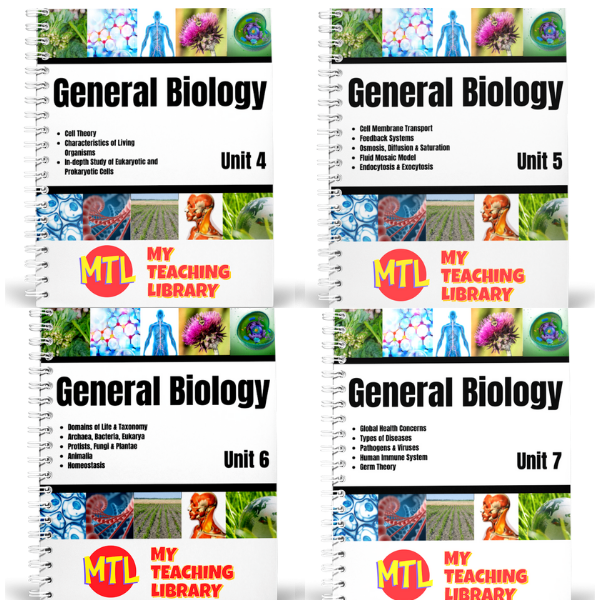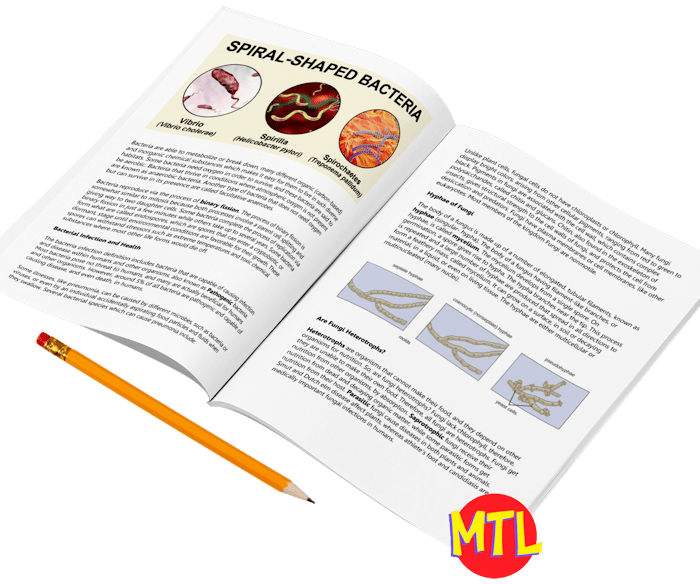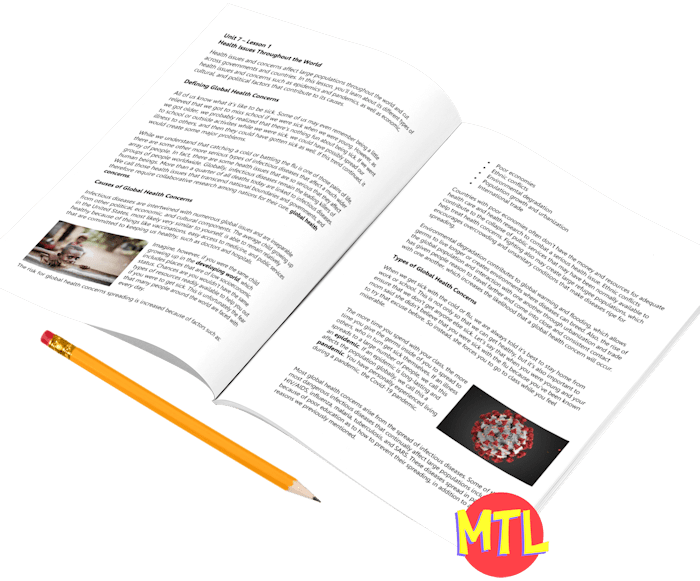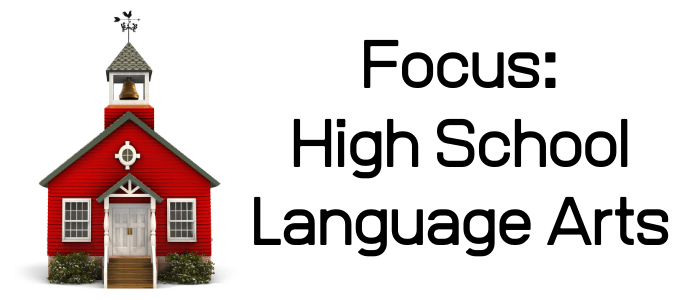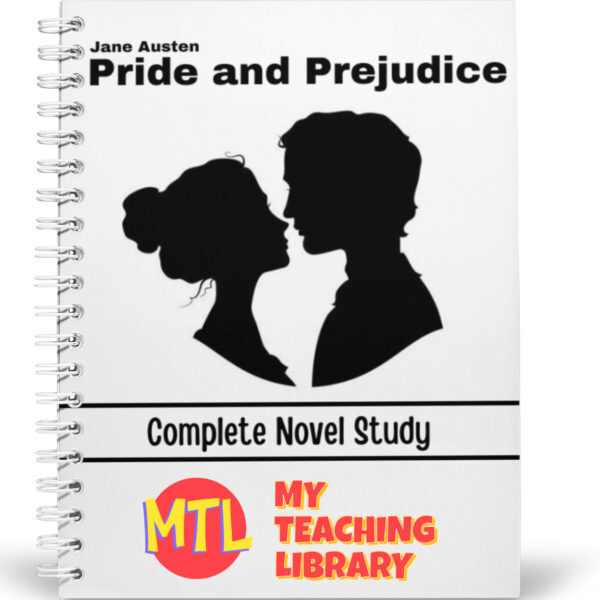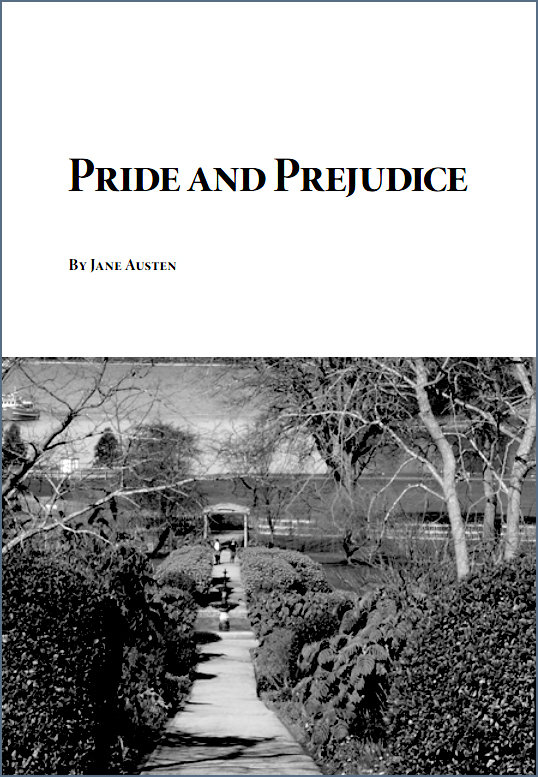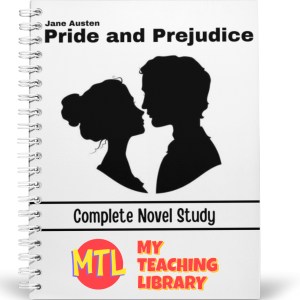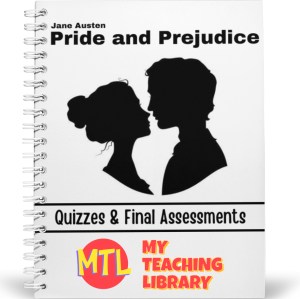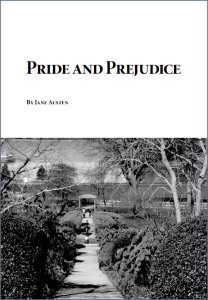
- Use agreed-upon rules for formal and informal in small groups.
- Pose questions, listen to the ideas of others, and contribute their own information or ideas in group discussions and interviews in order to acquire new knowledge.
- Make oral presentations that demonstrate appropriate consideration of audience, purpose, and the information to be conveyed.
- Acquire new vocabulary and use it correctly in reading and writing.
- Describe and analyze the grammatical structure of the English language and the standard English conventions for sentence structure, usage, punctuation, capitalization, and spelling
- Describe and analyze how oral dialects differ from each other in English, how they differ from written standard English, and what role standard American English plays in informal and formal communication.
- Describe and analyze how the English language has developed and been influenced by other languages.
- Decode accurately and understand new words encountered in their reading materials, drawing on a variety of strategies as needed, and then use these words accurately in speaking and writing.
- Identify the basic facts and essential ideas in what they have read, heard, or viewed.
- Identify, analyze, and apply knowledge of the characteristics of different genres.
- Identify, analyze and apply knowledge of theme, fiction, nonfiction, and poetry and provide evidence from the text to support their understanding.
- Identify and analyze how an author’s choice of words appeals to the senses, creates imagery, suggests mood, and sets tone.
- Compare and contrast similar myths and narratives from different cultures and geographic regions.
- Interpret the meaning of literary works, non-fiction, films and media by using different critical lenses and analytic techniques.
- Plan and present effective dramatic readings, recitations and performances that demonstrate appropriate consideration of audience and purpose.
- Write compositions with a clear focus, logically related ideas to develop it, and adequate detail.
- Select and use appropriate genres, modes of reasoning, and speaking styles when writing for different audiences and rhetorical purposes.
- Demonstrate improvement in organization, content, paragraph development, level of detail, style, tone and word choice in their compositions after revising them.
- Use knowledge of standard English conventions to edit their writing.
- Use self-generated questions, note-taking, summarizing, precise writing, and outlining to enhance learning when reading or writing.
- Use open-ended research questions, different sources of information, and appropriate research methods to gather information for their research projects.
- Develop and use appropriate rhetorical, logical, and stylistic criteria for assessing final versions of their compositions or research projects before presenting them to varied audiences
- Obtain information by using a variety of media and evaluate the quality of material they obtain.
- Explain how the techniques used in electronic media modify traditional forms of discourse for aesthetic and rhetorical purposes.
- Design and create coherent media productions with a clear controlling idea, adequate detail, and appropriate consideration of audience, purpose, and medium
9th Grade Focus
10th Grade Focus
11th Grade Focus
12th Grade Focus
Need some resources to help teach these important skills and concepts? Check out just ‘some’ of what you’ll find on My Teaching Library:
- English 1 – Student Edition
- English 1 – Teacher’s Guide
- English 2 Student Edition – Part 1
- English 2 Student Edition – Part 2
- English 2 Teacher’s Guide
- English 3 Student Edition
- English 3 Teacher’s Guide
- English 4 Student Edition
- English 4 Teacher’s Guide
- Latin Word Roots | Reference
- 1000 Vocabulary Words with Definitions for High School
- Word Parts Dictionary
- High School Vocabulary – 100 Words Every High School Student Should Know (Complete Unit)
- Shakespeare – Biography and Literary Analysis
- Generic Novel Study Unit Activities | Reading Comprehension
- Pride and Prejudice Novel Study
- To Kill a Mockingbird Novel Study
- The Hobbit – Novel Study
- Beowulf Notebooking Unit
- High School Spelling – Semester 1
- High School Spelling – Semester 2
Because teaching materials can be so expensive, you may want to consider becoming an ALL-ACCESS subscriber! Learn more @ https://myteachinglibrary.com/membership/
